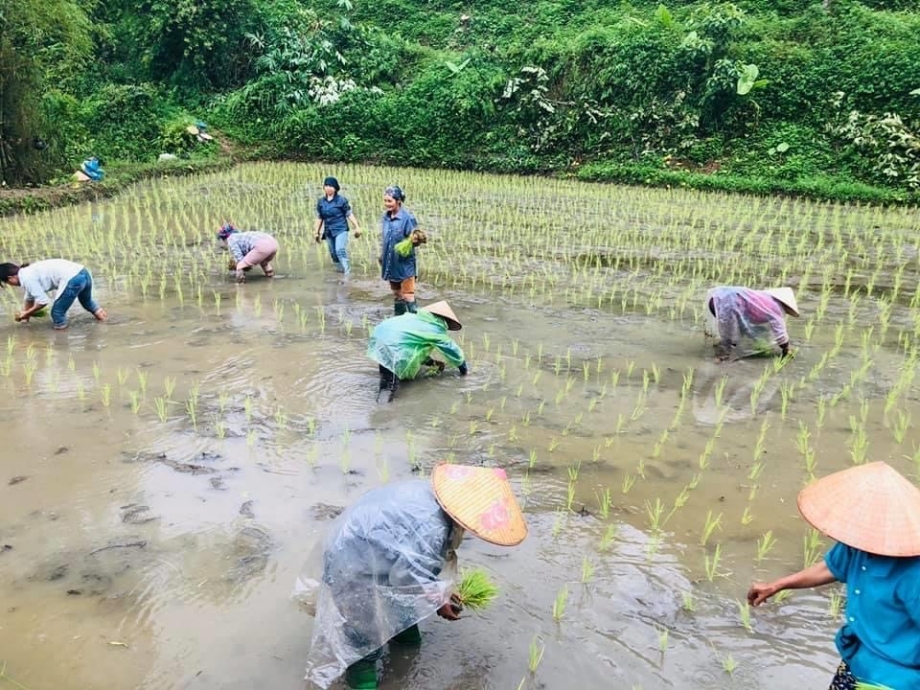Actualités

Participatory demand surveys with forest and farm producer organisations (FFPOs) have helped FFF and IIED to identify what knowledge, training materials and approaches best strengthen those FFPOs. By improving their capacity to generate income through sustainable businesses, FFPOs can deliver climate resilient landscapes and improved livelihoods .

FFF will be co-hosting several sessions: i) Building multidimensional resilience to scale-up nature-based solutions for adaptation (NbS): the power of community-based Organizations (22 September), ii) How can community-led nature-based technologies help local communities adapt to climate change? (23 September), iii) Community-led NbS for adaptation: lessons for building back better from COVID-19 (24 September).
Perhaps the last hope for forests ?
16/07/2020
16/07/2020

A new WWF report researched by IIED and featuring an FFF case study, shows that sustainable forest management benefits when indigenous peoples and other local communities living in and around forests have adequate access rights and incentives. Their local models of governance can help protect forests better than other forms of forest stewardship.

The contribution of Norway to the FFF, through the Flexible Multi-partner Mechanism, has enabled the FFF to provide support to Tanzania (new core country), and to strengthen the activities in Liberia and the Gambia (network countries).

The objective of this session is to share innovative solutions from Forest and Farm Producer Organizations in response to the COVID-19 crises as an element of building longer term, multi-dimensional resilience. Solutions range from managing risks and maintaining functionality of the smallholder production systems, increasing digital communication means, improving market ...
